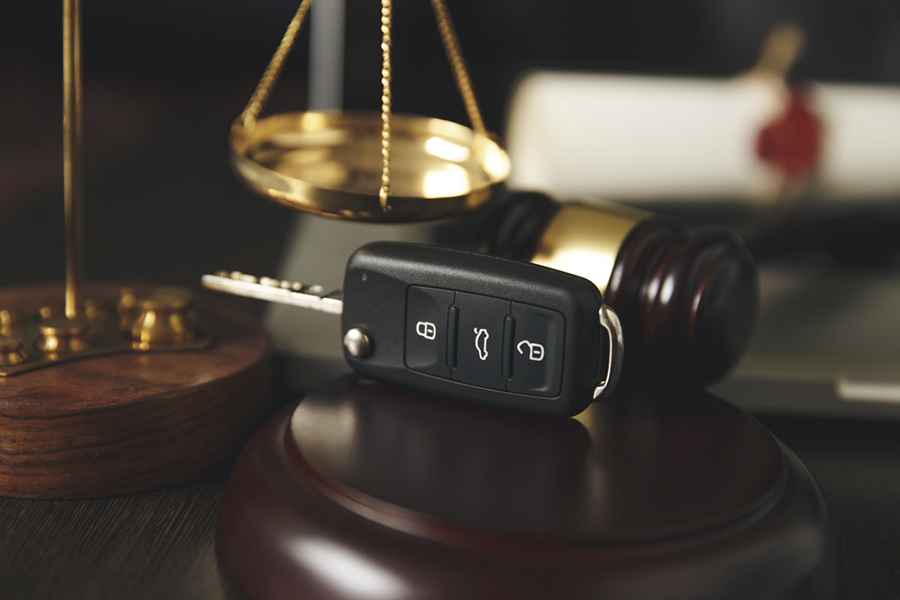What Compensation Can You Seek After a Car Accident in Washington, D.C.?
Operating a vehicle in the District of Columbia involves navigating a high-density transit environment where, according to 2021 data from the Metropolitan Police Department, over 18,000 motor vehicle crashes occur annually. When a collision happens on these roads, understanding the specific categories of compensation is not just a legal exercise; it is a critical step for financial and physical recovery. From quantifiable medical expenditures to intangible emotional distress, the recovery process requires a precise audit of all damages. This guide analyzes the types of claims available in D.C. and the documentation required to ensure a fair settlement.

| D.C. Compensation & Recovery Matrix | |
|---|---|
| Economic Damages | Medical bills, lost wages, and property restoration |
| Non-Economic Losses | Pain, suffering, and emotional trauma |
| Specialized Claims | Loss of consortium and punitive damages |
| Forensic Audit | Future damage estimations and expert testimonies |
Quantifying Economic Recovery: Medical Costs and Lost Wages
The primary focus after an accident is the recovery of direct financial losses. Medical expenses are the most common claim and include hospital stays, surgeries, physical therapy, and prescriptions. To secure this compensation, you must maintain a rigorous audit of all receipts and diagnostic reports. Similarly, if injuries prevent you from maintaining your professional activity, you can claim lost wages. This covers both immediate lost income and the long-term reduction in your earning capacity, supported by documentation from your employer and medical experts on the roads to recovery.
Addressing Non-Economic Impact: Pain, Suffering, and Distress
Non-economic damages address the intangible but severe consequences of a collision. "Pain and suffering" encompasses physical discomfort and the emotional distress—such as anxiety or depression—that often follows a traumatic event on the roads. In the District of Columbia, substantiate these claims through medical expert statements and therapy records. Emotional distress, including conditions like PTSD, may require long-term psychological support, and its impact on your quality of life is a significant factor in determining the final settlement value.
Property Damage and the Restoration of Assets
Beyond personal injury, a car accident involves the destruction of physical assets. Property damage compensation covers the repair or replacement of your vehicle and any personal items lost in the impact, such as electronics or clothing. Securing multiple estimates from authorized repair shops is a vital step in this audit. Having a clear record of the pre-accident value of your property ensures that the insurance payout accurately reflects the cost of restoration.
Advanced Claims: Loss of Consortium and Punitive Damages
In cases of severe injury, the impact extends to the victim’s family. "Loss of consortium" claims address the damage to close relationships, including the loss of companionship and emotional support. In rarer instances, where a driver’s conduct was especially reckless or malicious, the court may award punitive damages. These are not intended as compensation but as a penalty to deter such behavior on public roads. These specialized claims require a higher standard of proof and professional legal evaluation.
Forecasting Future Damages: A Long-Term Operational View
A collision often has long-term effects that are not immediately visible. "Future damages" account for ongoing medical care, continued loss of income, and extended psychological impact. To ensure accuracy, this audit often requires input from financial and medical experts who can project the total cost of the injury over several years. Calculating these variables correctly is essential to prevent a settlement that leaves you underfunded for future needs.
Conclusion
Navigating the compensation framework in Washington, D.C., requires a disciplined approach to documentation and a clear understanding of your rights. By auditing every aspect of the accident—from property damage to future medical needs—you ensure that your claim reflects the true human and financial cost of the event. Success on the roads of litigation depends on precision and professional evidence. Secure your records, consult with experts, and focus on the road. Recovery is a journey that demands a solid strategy.
Image credit: Depositphotos